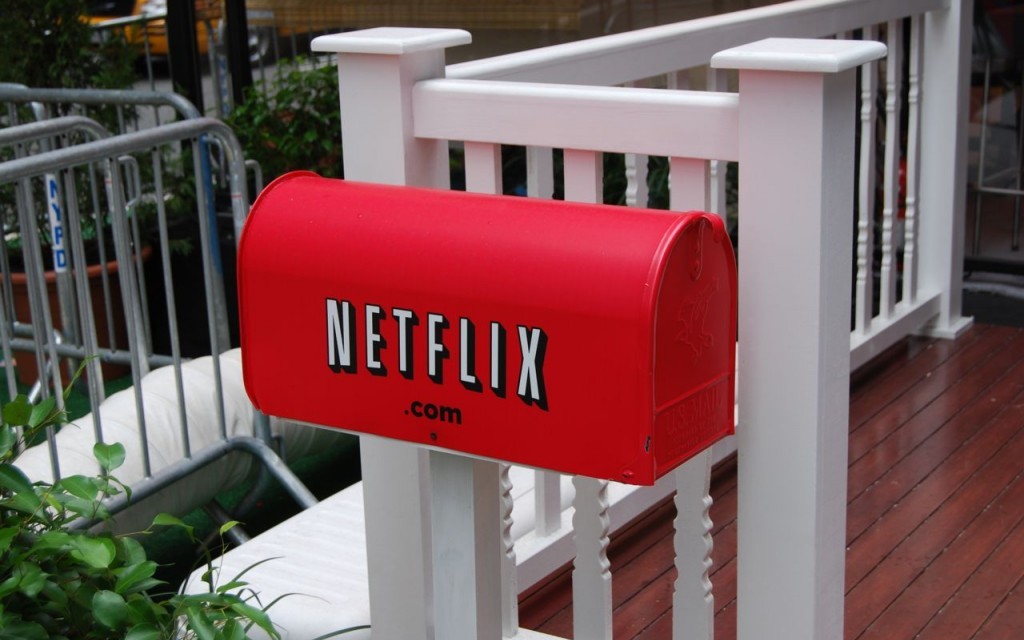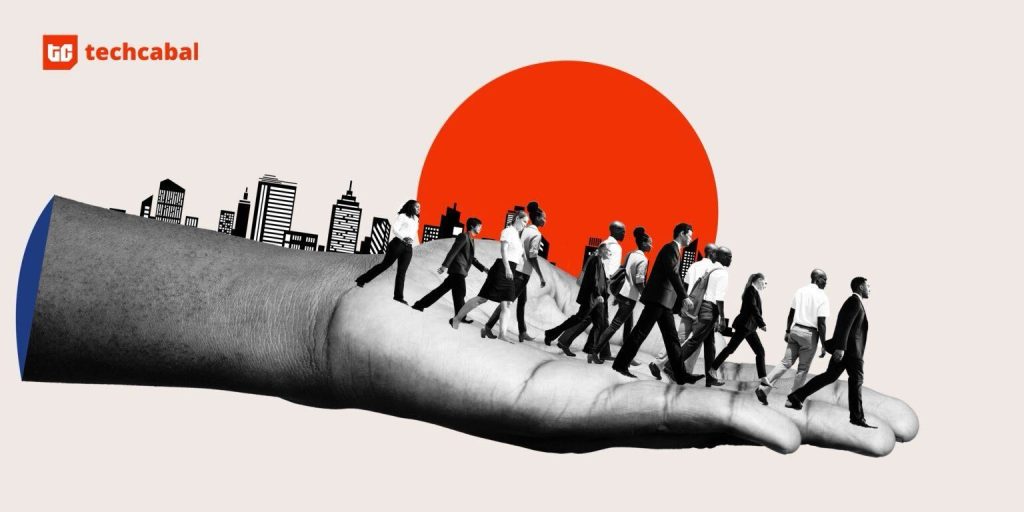“If you’ve never watched Netflix before — and many people in Kenya haven’t — this is a great way to experience our service,” Netflix’s director of product innovation at Netflix, Cathy Conk, said in a blog post. “And if you like what you see, it’s easy to upgrade to one of our paid plans so you can enjoy our full catalogue on your TV or laptop as well.”
Netflix announced on Monday a free mobile plan offering for users in Kenya; an unprecedented pivot the company believes will spike growth and help in converting more viewers into its paid option across the East African country.
This is not the first time the streaming giant is offering its service for free. In 2020, it made some episodes of Sci-Fi series, “Stranger Things” and widely-watched movie, “To All the Boys I’ve Loved Before” available around the world for free via web browsers.
Netflix once offered a free first month trial to new signups. It has also ran a campaign that allowed users to stream for free over weekends in India.
This new offer will give Kenyan users an almost complete feel of Netflix service as it’s kind of similar to a paid Netflix profile. Anyone 18 or above can enrol in the free plan with no payment information required.
Users can open up to five profiles but they won’t have access to the download features. Also, films and TV series that are not included in the free plan will be marked with a lock icon. When users click to view locked videos, a pop up will encourage them to opt-in for a paid option, which they can choose to accept or ignore.
To scale in emerging markets, companies must experiment with pricing as the majority of the population have little or no purchasing power. Netflix understands this and that’s why it expanded its $3 mobile subscription plan to more counties early this year, including Nigeria and Kenya. The plan was launched in 2018 and has since run a pilot in India.
Though the company hasn’t revealed the effect of the $3 dollar subscription plan on the number of signups; from the look of things, it may not be working as expected in Kenya. On the other hand, in Nigeria, the company has released its first original Nigerian series and continues to partner with production studios to roll out more content. Swallow — a movie adaptation of Seffi Atta’s novel— is scheduled to hit its platform on October 1st this year.
Similarly in South Africa, it has rolled out three original TV dramas: Queen Suno, Blood and Water and Jovi. The relatability of local content plus the convenient premium experience of Netflix will surely lure people to the platform.
The African streaming industry is still nascent but the competition is fierce and it’s not slowing down. Other streaming platforms like ShowMax and IrokoTV are closely tailing Netflix in creating products with flexible pricing that cater for the realities of the developing market.
Netflix, which is present in over 190 countries, said that the non-paying subscribers in Kenya will be exempted from the paid revenue in quarterly company reports.
This new development is an indication of two things: that acquiring and retaining customers in the Kenya market is not forthcoming compared to other African countries; and secondly, the company’s dedication to driving growth across emerging markets is as strong as ever.




















